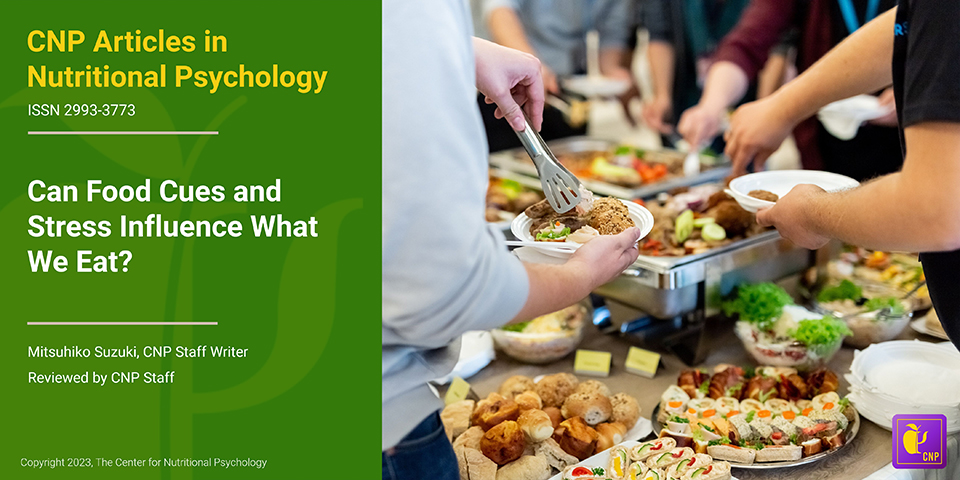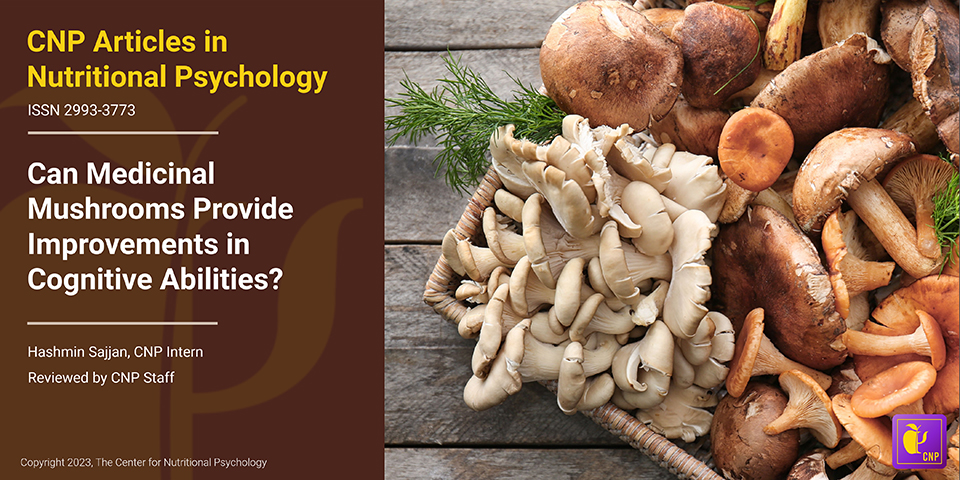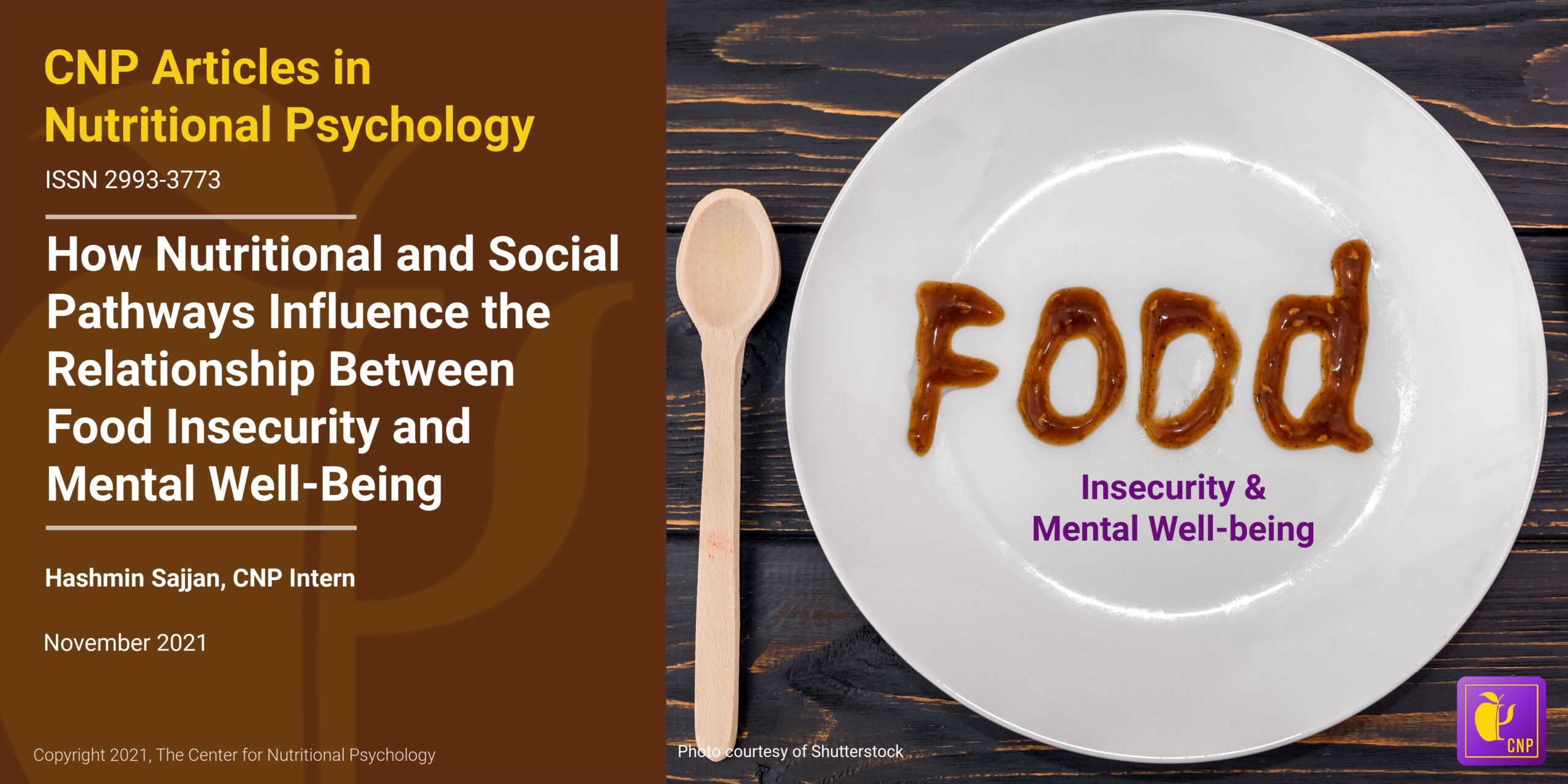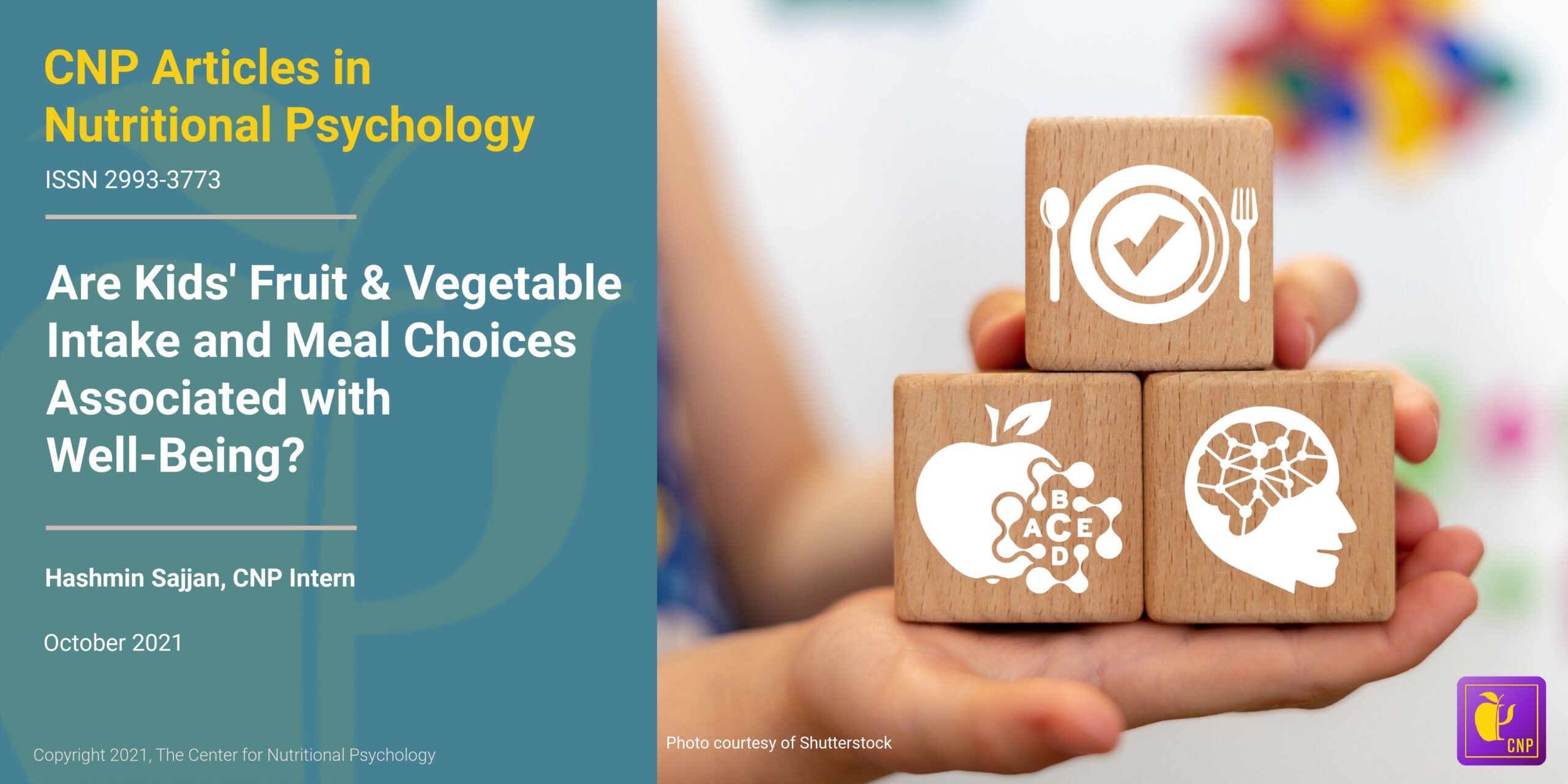Can Food Cues and Stress Influence What We Eat?
Today’s food landscape is full of sensory-perceptual cues that can drive us to consume high-calorie, energy-dense foods (Ravussin & Ryan, 2018). The abundance of these food cues is believed to be one of the main drivers of food overconsumption (Charbonnier,...
Can Medicinal Mushrooms Provide Improvements in Human Cognitive Abilities?
In ancient times, mushrooms were commonly used as a source of medicinal practice. The fungus kingdom consists of various organisms that have beneficial effects on the human body. A fascinating medicinal mushroom recognized to have healing benefits beyond just physical...
The Development of a Nutrition Screening Tool for Mental Health Settings: The NutriMental Screener
A 2019 systematic review of studies identifying the dietary intake of people with severe mental illness (SMI) revealed that people with SMI were found to have significantly higher dietary energy and sodium intake compared with controls, and that higher energy...
How Nutritional and Social Pathways Influence The Relationship Between Food Insecurity and Mental Well-Being
Food insecurity is a widespread and growing issue in which individuals do not have access to adequate food and food sources that will help them achieve and experience a healthy lifestyle. Many studies are beginning to show that food insecurity...
Are Kids’ Fruit and Vegetable Intake and Meal Choices Associated With Well-Being?
Our developmental years are predictive of overall well-being and long-term health. In fact, early life well-being and affect (the outward expression of a person's internal emotions) may be predictive of positive life outcomes a decade later (Kansky et al., 2016). Having...












